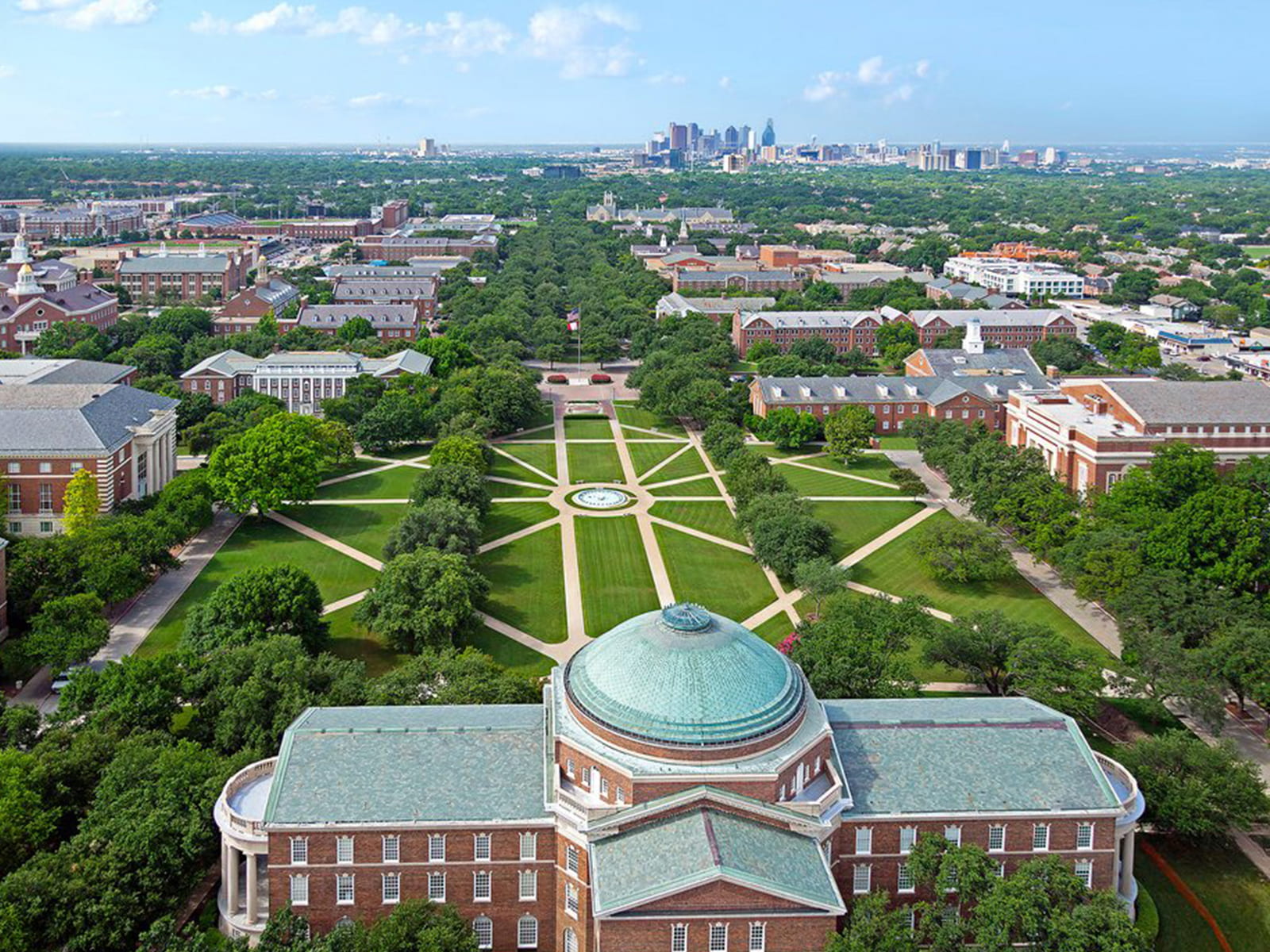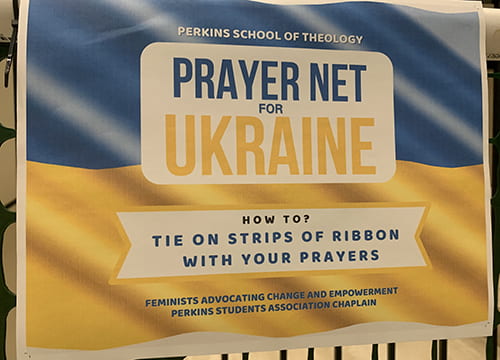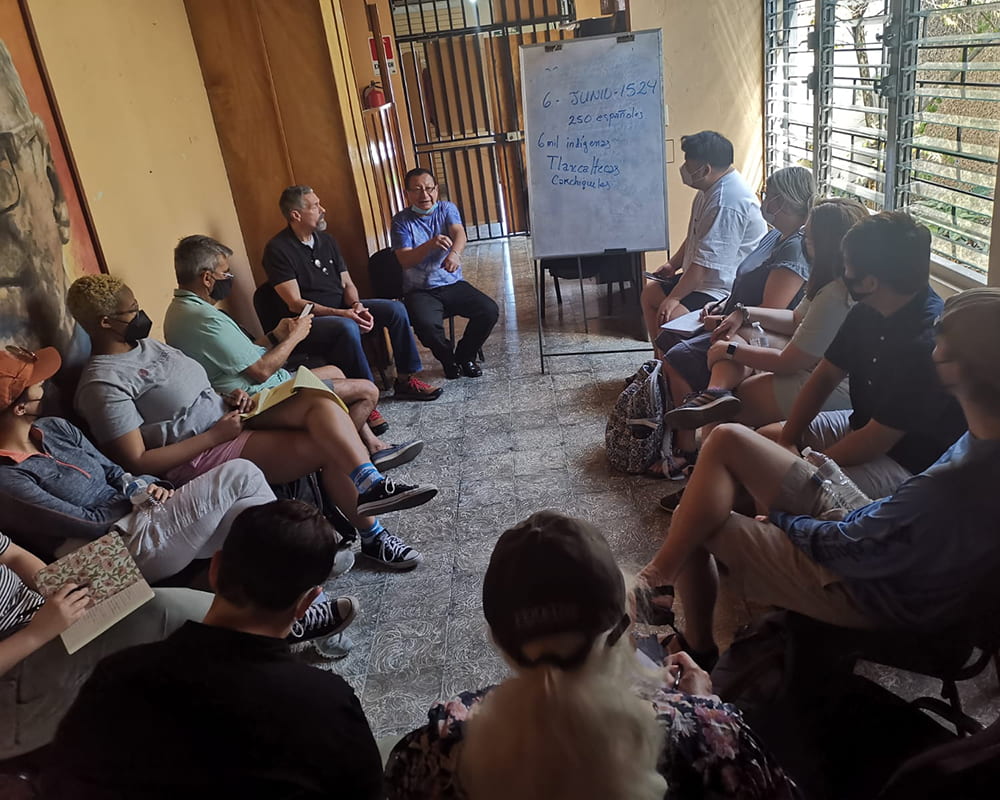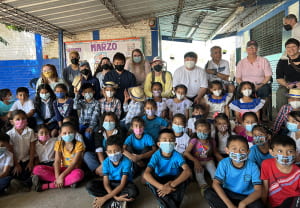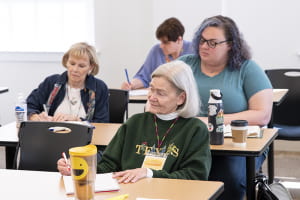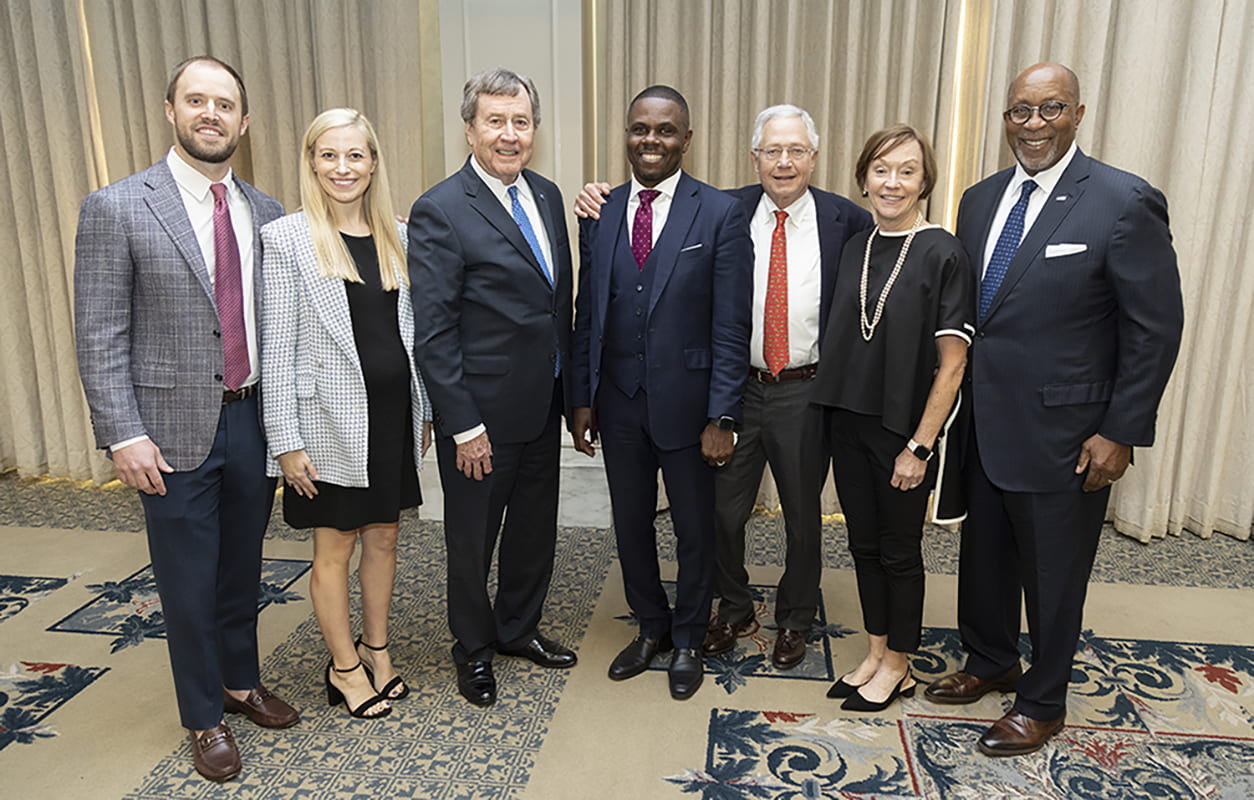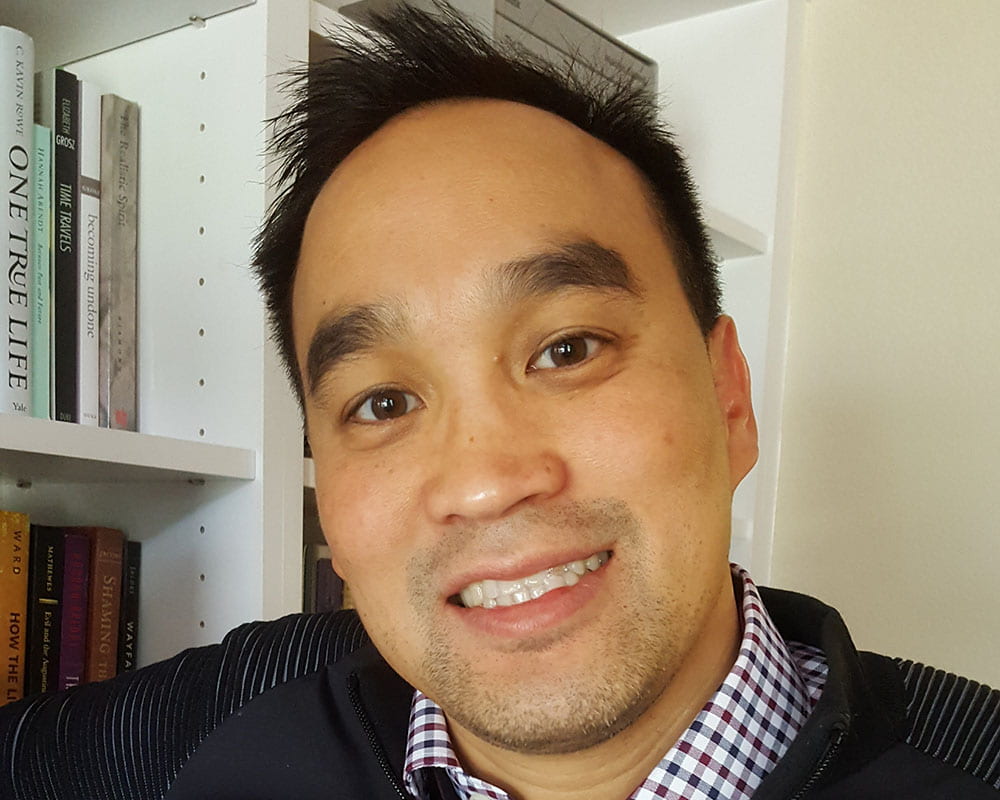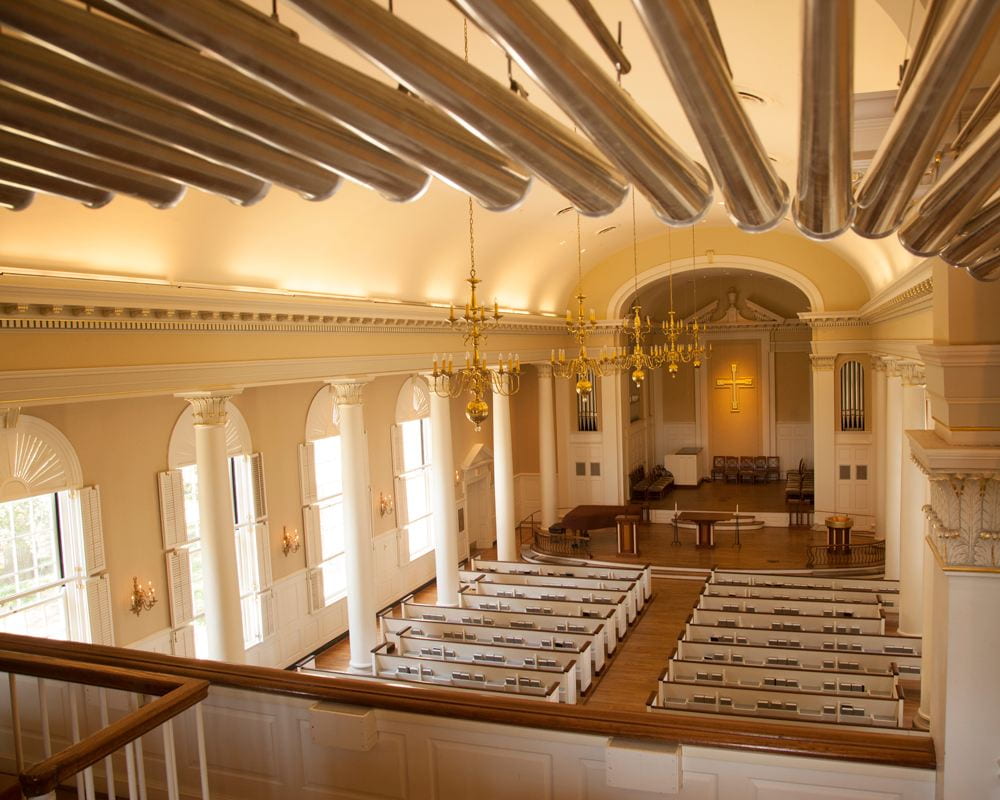Christianity is a religion of paradox. Material creation is good but somehow fallen; the meek inherit the earth; one finds one’s life by losing it; the reign of God is both present and future; believers are free and yet bound; justice is wedded to mercy; Jesus is both human and divine.
In Christian theology, truth is not found in the middle, as though by compromise. It is found instead in the tension between two equal but seemingly competing truths. This challenges the human mind, which greatly prefers simple binaries, the decisive mathematics of this vs. that, us vs. them.
I therefore have some sympathy for those who for the sake of making the faith understandable have chosen to make it easy. This is most often done by collapsing whichever of its inherent tensions seems most problematic. So it is that a perplexing both/and becomes a much more manageable either/or. A great many of the religions derivative of Christianity have had this impulse in common. Thus, for example, they might claim that Christ cannot have two natures and God cannot be three persons.
Something of the same impulse exists in much popular thinking about theological education. I have often encountered persons deeply suspicious of all seminary learning, believing that it is not only unnecessary for ministry but positively detrimental to it. In support, they might, for example, quote 1 Corinthians 1:19-21:
For it is written,
“I will destroy the wisdom of the wise,
and the discernment of the discerning I will thwart.”
Where is the one who is wise? Where is the scribe?? Where is the debater? of this age? Has not God made foolish the wisdom of the world? For since, in the wisdom of God, the world did not know God through wisdom, God decided, through the foolishness of our proclamation, to save those who believe.
This is undeniably true, but it is not all that is true. The teachings of Jesus are filled with reversals that overturn what passes as common wisdom, and we humans are marvelously adept at rationalizing our way around them. But the person who penned these words, the apostle Paul, was himself well educated, and his remarkable skill as a writer explains his enduring influence. Indeed, Paul himself says as much in 2 Corinthians 10:10: “For they say [of me], “His letters are weighty and strong, but his bodily presence is weak, and his speech contemptible.”
Speaking of letters, John Wesley received an earnest missive from a pious brother who declared, “The Lord has directed me to write you that while you know Greek and Hebrew, he can do without your learning.” Mr. Wesley replied, “Your letter received, and I may say in reply that your letter was superfluous as I already know that the Lord could do without my learning. I wish to say to you that while the Lord does not direct me to tell you, yet I feel impelled to tell you on my own responsibility, that the Lord does not need your ignorance either.”
Not how I would have put it but, yeah.
Piety is no substitute for knowledge, and knowledge no substitute for piety. As Charles Wesley–no intellectual slouch himself–masterfully put it, we ask that God would “Unite the pair so long disjoined, Knowledge and vital piety; Learning and holiness combined; And truth and love that all shall see.”
I close with a prayer on behalf of all lifelong learners:
Gracious God, we ask for wisdom free of boasting; inquiry free of arrogance; openness free of cynicism; conviction free of judgmentalism. Let us neither be content with ignorance nor puffed up by knowledge. Indeed, let knowledge of you be an encouragement to humility, and knowledge of our ignorance an encouragement to study. We offer you the best of our minds, knowing that you would first possess the entirety of our hearts. In Jesus’ name, Amen.

